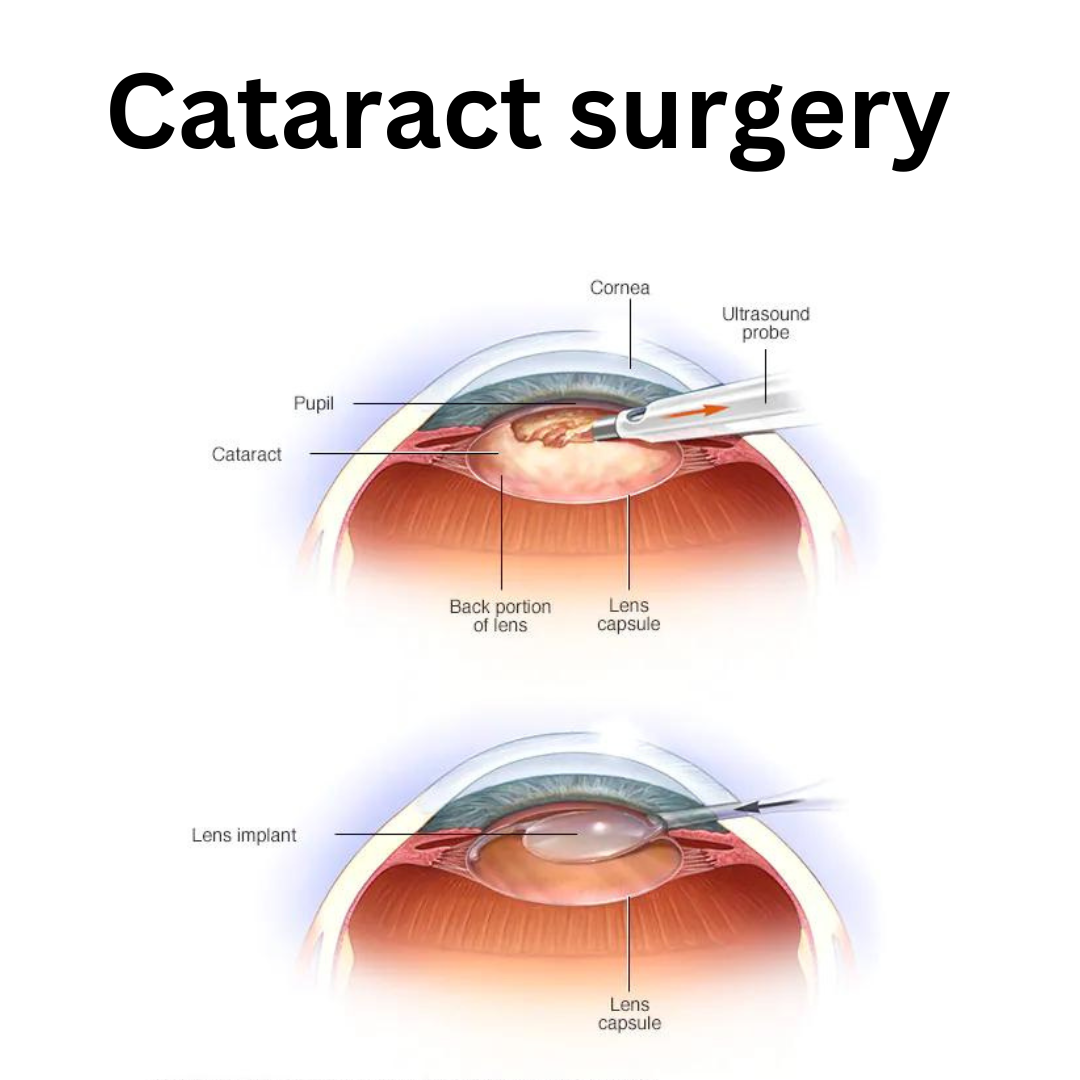
What Is the Most Common Eye Surgery?
The most common eye surgery is cataract surgery. Cataracts occur when the natural lens in the eye becomes cloudy, causing blurred vision and sensitivity to glare. During cataract surgery, the cloudy lens is removed and replaced with an artificial lens implant. According to the American Society of Cataract and Refractive Surgery, more than 4 million cataract surgeries are performed each year in the United States alone.
Causes
Cataract surgery is typically performed to treat cataracts, which are a common age-related eye condition that causes the eye's natural lens to become cloudy. The exact cause of cataracts is not fully understood, but some factors that may contribute to their development include:
Aging: Cataracts are most commonly associated with aging. As we get older, the proteins in the eye's lens can break down and clump together, leading to clouding and reduced vision.
Genetics: Some people may be more prone to developing cataracts due to genetic factors.
Diabetes: People with diabetes are at an increased risk of developing cataracts.
Eye injuries: Trauma or injury to the eye can increase the risk of developing cataracts.
Exposure to sunlight: Long-term exposure to sunlight, particularly ultraviolet (UV) radiation, may increase the risk of developing cataracts.
Cataract surgery is usually recommended when the cataract causes significant vision impairment that cannot be corrected with glasses or contact lenses. During the procedure, the cloudy lens is removed and replaced with an artificial lens to restore clear vision. Cataract surgery is generally safe and effective, and most people experience improved vision after the procedure.
Benefits Of a Surgery
The benefits of a surgery depend on the specific type of operation being performed. In the case of eye surgery, some potential benefits may include:
Improved vision: The primary benefit of most eye surgeries is improved vision. For example, cataract surgery can remove the cloudy lens and replace it with a clear artificial lens, resulting in clearer vision.
Reduced dependence on corrective lenses: Depending on the type of eye surgery, some people may be able to reduce or eliminate their dependence on glasses or contact lenses.
Improved quality of life: Improved vision can enhance a person's quality of life by enabling them to perform daily activities with greater ease and comfort.
Prevention of vision loss: In some cases, eye surgery can prevent further vision loss or even restore lost vision.
Treatment of eye diseases: Eye surgery can be used to treat a range of eye diseases and conditions, such as glaucoma or macular degeneration, which can help prevent or slow vision loss.
It's important to note that every surgery carries some degree of risk, and potential benefits and risks should be carefully considered before undergoing any procedure. It's also essential to follow your doctor's post-operative instructions to ensure proper healing and maximize the benefits of the surgery. The best eye specialists in Delhi who can provide comprehensive eye care services.

Appreciate the creator